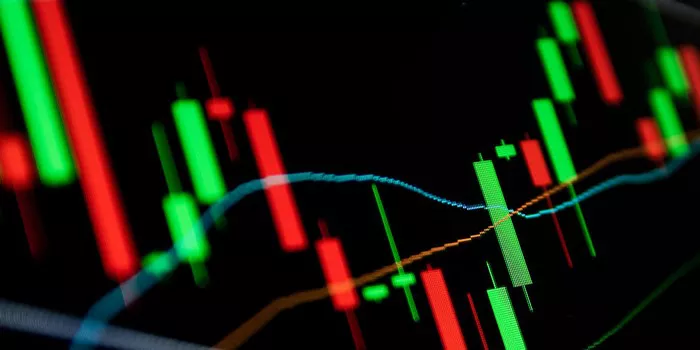In the world of financial markets, futures contracts stand out as powerful tools for traders and investors seeking exposure to various asset classes, from commodities to financial instruments. Unlike options, which are subject to time decay and lose value as they approach expiration, futures contracts maintain their value over time due to their unique characteristics and fixed nature. In this comprehensive guide, we delve into the reasons why futures do not lose value over time, exploring their lack of time decay, fixed pricing, and role in risk management and hedging strategies.
No Time Decay: Preserving Value Regardless of Time
One of the fundamental differences between futures and options lies in their susceptibility to time decay. Options contracts typically lose value as they approach their expiration date, a phenomenon known as time decay. This erosion in value occurs because options contracts have a finite lifespan, and their value is influenced by factors such as time to expiration, underlying asset price, volatility, and interest rates.
However, futures contracts do not experience time decay. Unlike options, which have expiration dates and lose value as they near expiry, futures contracts remain unaffected by the passage of time. The prices and trading times of futures contracts are established from the outset, with no consideration given to time decay. As a result, futures contracts maintain their value over time, regardless of how long they are held before expiration.
Fixed Nature of Futures: Stability Amidst Market Fluctuations
Another key reason why futures do not lose value over time is their fixed nature. Futures contracts are binding agreements between buyers and sellers to buy or sell an underlying asset at a predetermined price on a specified future date. This fixed price, known as the futures price or contract price, is agreed upon at the inception of the contract and remains constant until expiration.
Regardless of market fluctuations or changes in the value of the underlying asset, the futures price remains unchanged throughout the life of the contract. This stability is particularly advantageous for traders and investors, as it allows them to hedge against price risk and uncertainty. Futures contracts are widely used for commodities and staple assets such as oil, corn, wheat, precious metals, and financial instruments like stock indices and interest rates.
Risk Management and Hedging: Preserving Profitability in Any Market Environment
One of the primary purposes of futures contracts is risk management and hedging. Traders and investors use futures to protect against adverse price movements in the underlying asset, thereby ensuring a certain level of profitability regardless of market conditions. By locking in prices through futures contracts, market participants can mitigate the impact of price volatility and uncertainty on their portfolios.
For example, farmers often use futures contracts to hedge the price risk associated with their crops. By entering into futures contracts to sell their produce at a predetermined price, farmers can protect against potential declines in crop prices due to factors such as weather conditions, supply and demand dynamics, and market speculation. Similarly, companies use futures contracts to hedge against fluctuations in commodity prices, interest rates, and foreign exchange rates, safeguarding their profitability and financial stability.
Conclusion
In conclusion, futures contracts offer a unique combination of stability, flexibility, and risk management capabilities that make them valuable instruments in the financial markets. Unlike options, which are subject to time decay and lose value over time, futures contracts maintain their value regardless of the passage of time. This lack of time decay, coupled with the fixed nature of futures prices and their role in risk management and hedging strategies, makes futures an indispensable tool for traders, investors, and businesses seeking to navigate the complexities of the global economy. As markets continue to evolve and new challenges emerge, futures contracts will remain a cornerstone of modern finance, providing market participants with the tools they need to preserve value, manage risk, and achieve their financial objectives.

